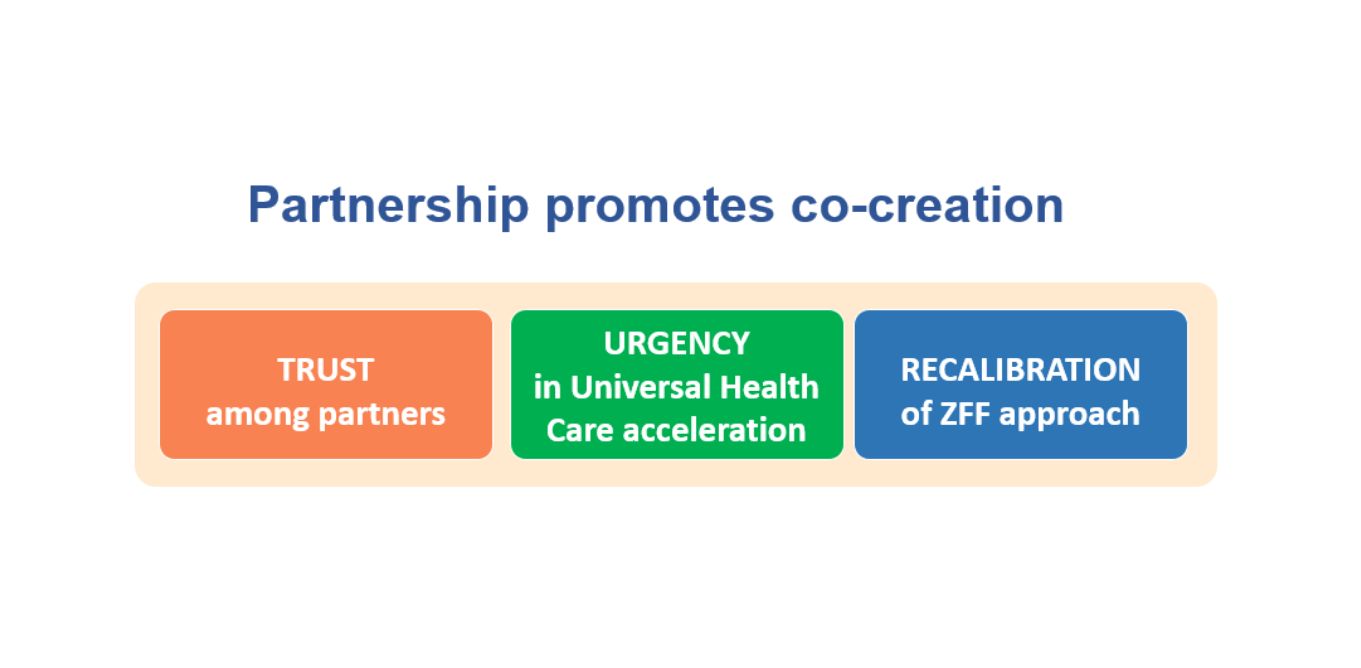Multistakeholder partnerships to address health and environmental issues
News | by Almi Atienza

Two events highlighted the need for stronger collaborations among government agencies, the private sector, non-government organizations, and academic institutions to address health and environmental issues.
At the 53rd Asia Pacific Academic Consortium for Public Health (APACPH) held last September, Ernesto D. Garilao, Zuellig Family Foundation (ZFF) chairman and president, presented how ZFF’s partnership with the Department of Health, local government units (LGUs), and academic institutions produced the desired health outcomes during its partnership program run from 2013 to 2020.
Garilao mentioned shared goals, co-created interventions, value addition to each party involved, transparency, accountability, and technology transfers as among the success factors of its public-private partnership (PPP).
At the recently concluded multistakeholder forum hosted by the Department of Environment and Natural Resources (DENR), Garilao asked the department to improve LGUs’ capacity in making their local environmental programs more strategic in addressing pollution, which caused 19% of total annual deaths in the Philippines (see Table), making environmental issue also a health concern.

During the APACPH, Garilao pointed out that ZFF’s health leadership training and coaching enabled local chief executives (LCEs) “to understand the connection between health systems and health indicators” and therefore what needed urgent actions.
Garilao suggested to the DENR that there be “baseline reporting of relevant pollution indicators, improvement targets in six years” and needed interventions. This is like ZFF’s program runway, which lays out health system milestones and corresponding interventions to accomplish them.
On both occasions, the ZFF president urged the engagement of various sectors to address pressing health and environmental issues. To the DENR, he suggested strengthening “the participation of the academe, private sector, and CSOs in the country’s Committee on Environmental Health.” At the APACPH, Garilao urged academic institutions to study best practices to address various challenges and make findings widely known within the region and beyond.
Following ZFF’s PPP experiences, each participating stakeholder’s expertise and strengths can be mutually reinforced to immediately address the country’s growing challenges, notably in health where it needs to attain true Universal Health Care felt by ordinary people and in climate change whose impact has been more frequent and severe.
(Published November 3, 2022)